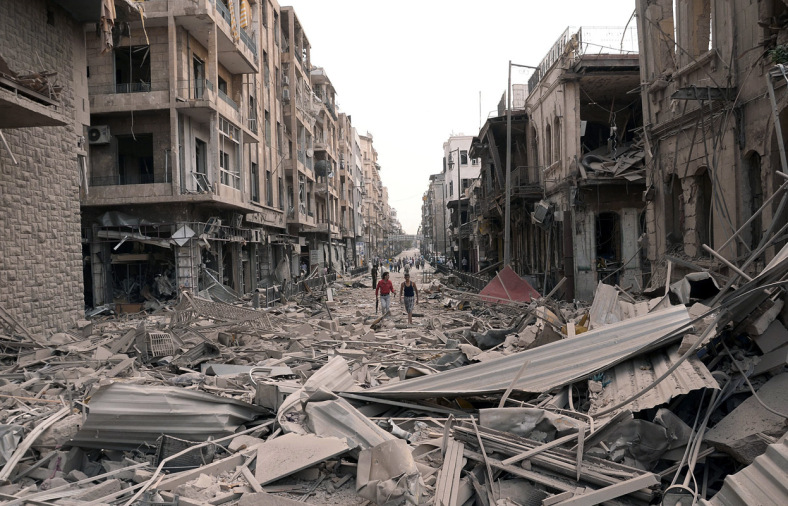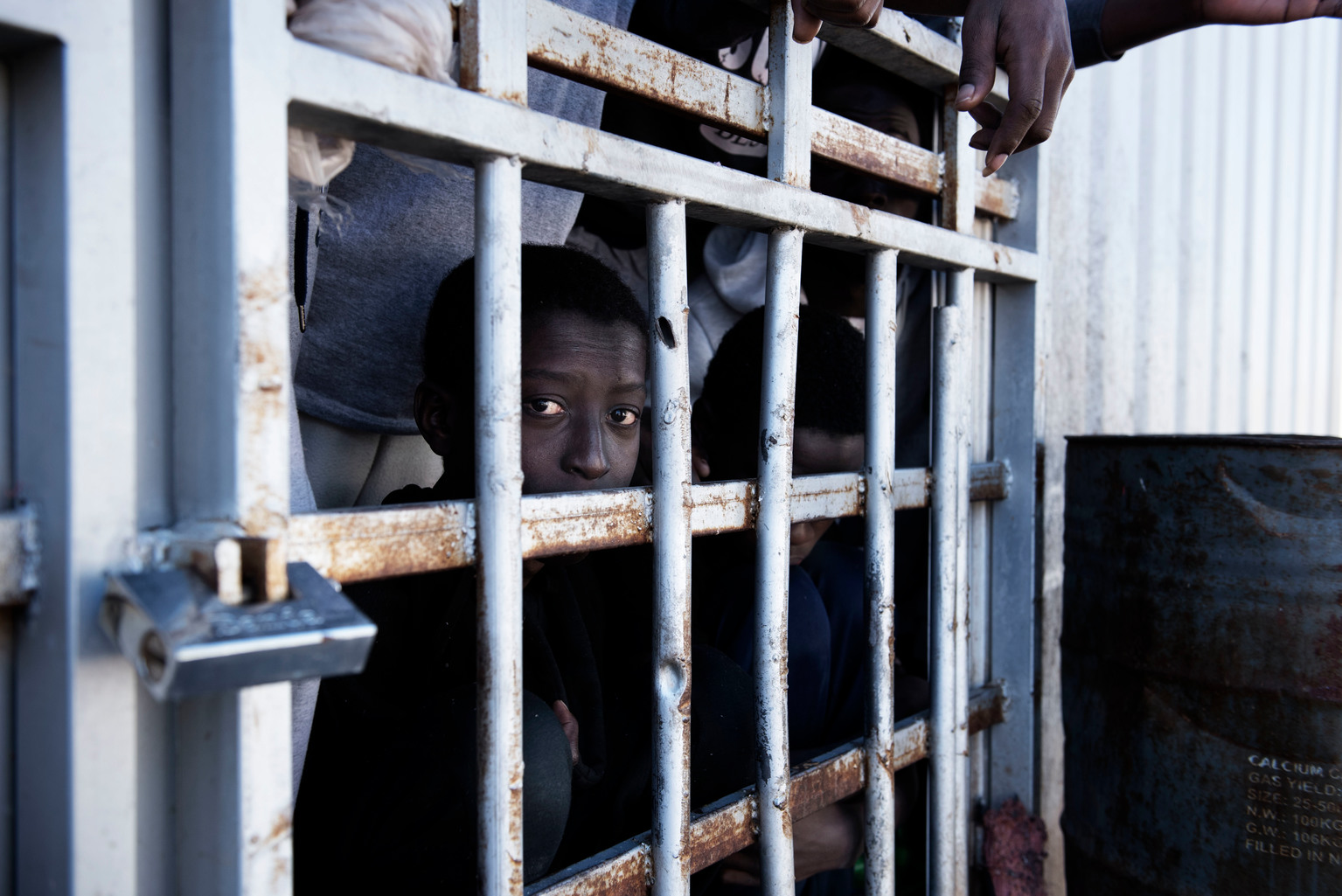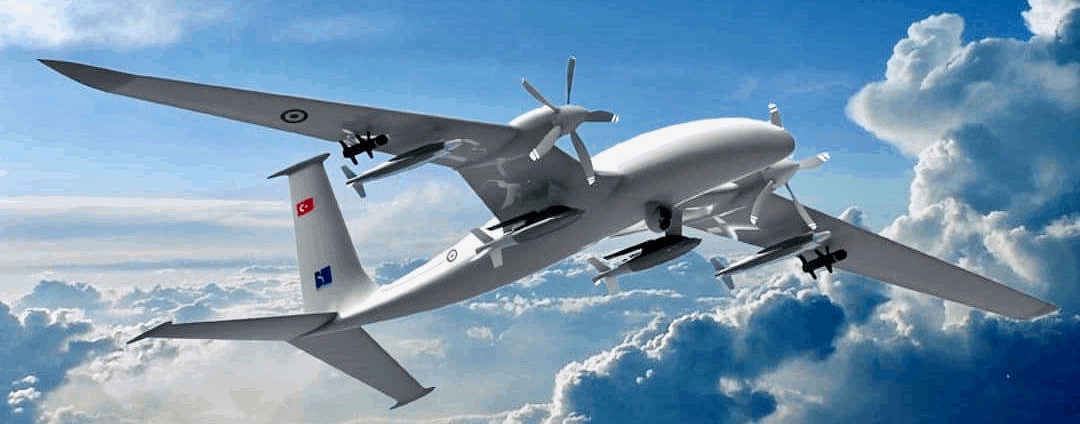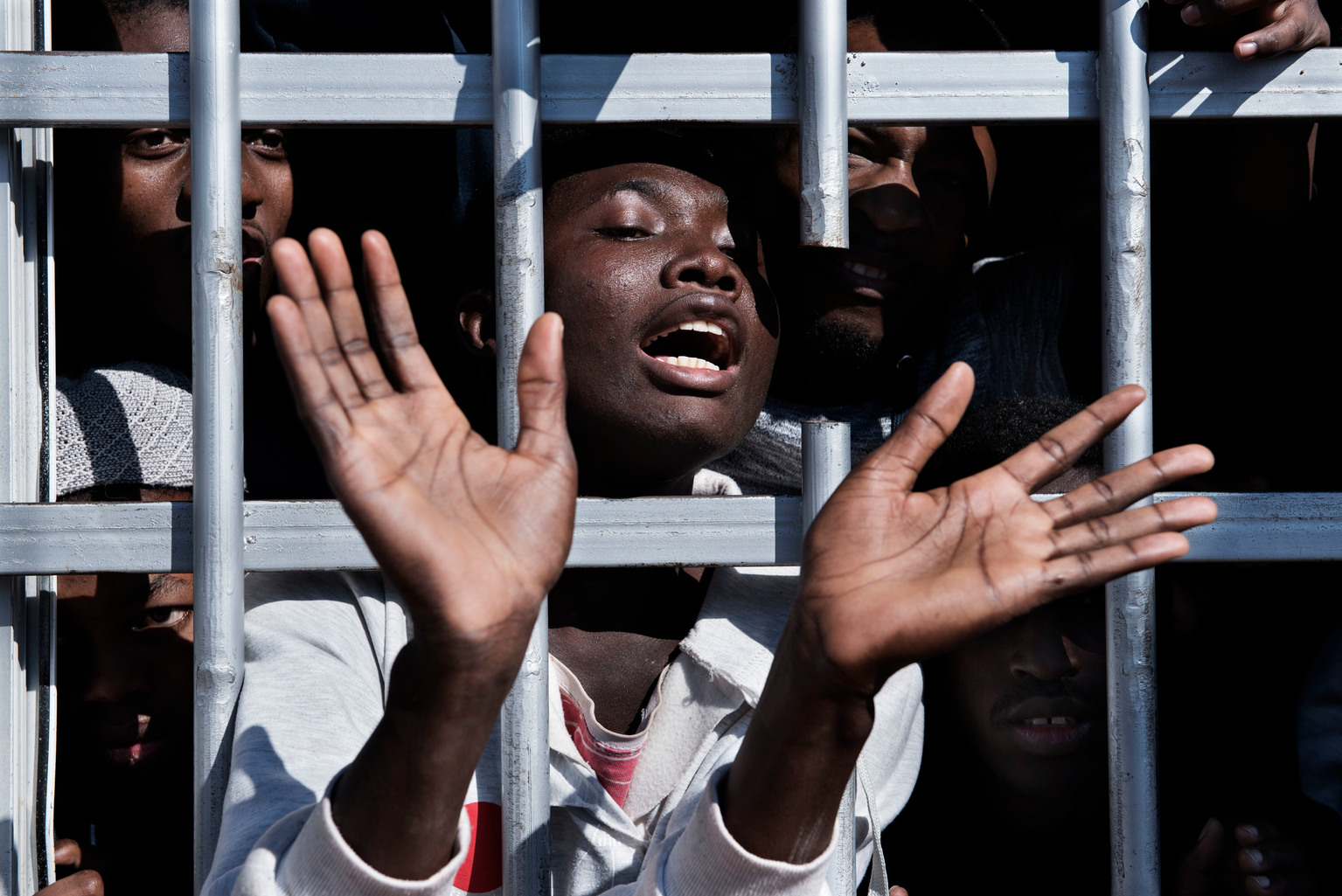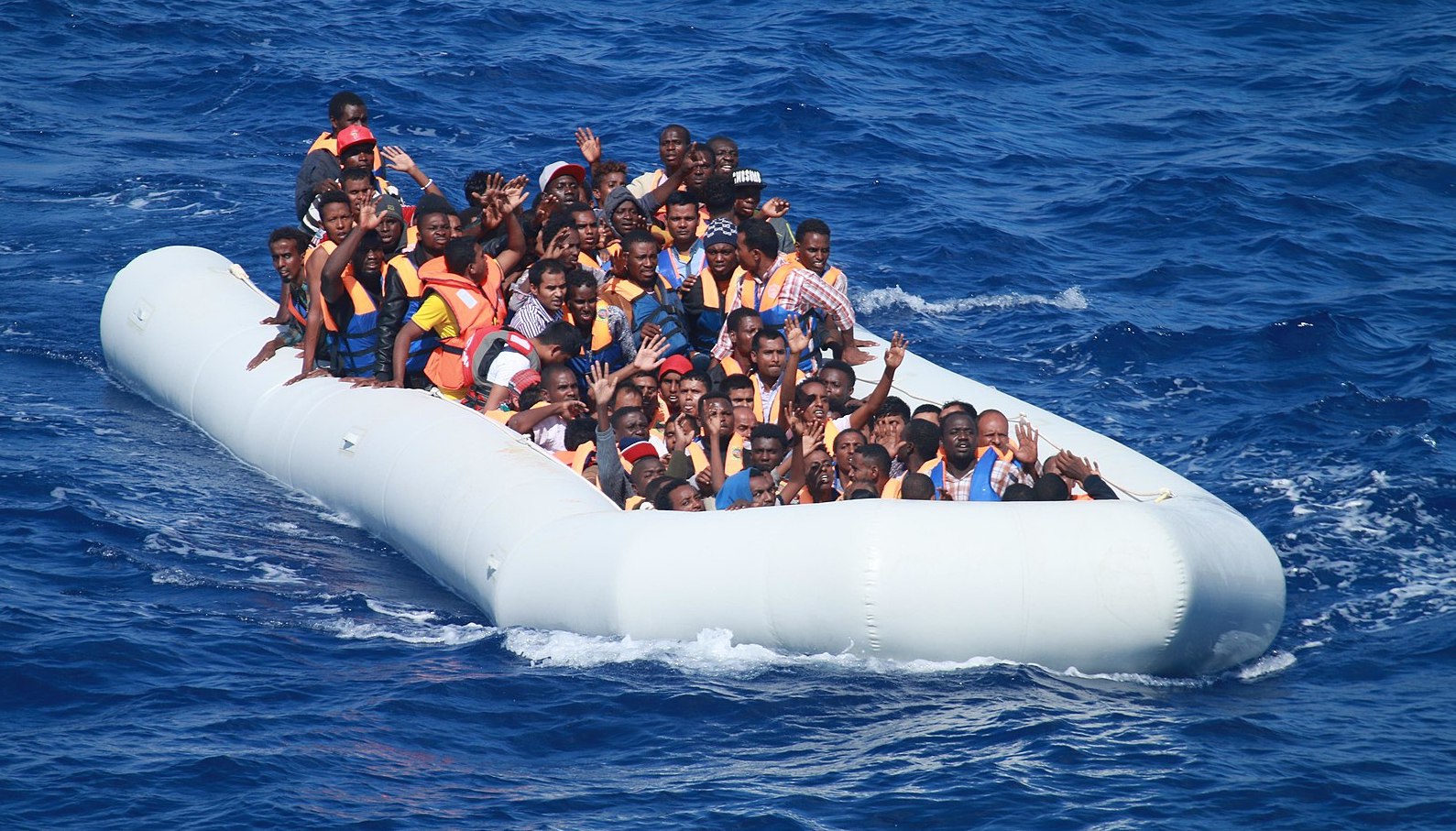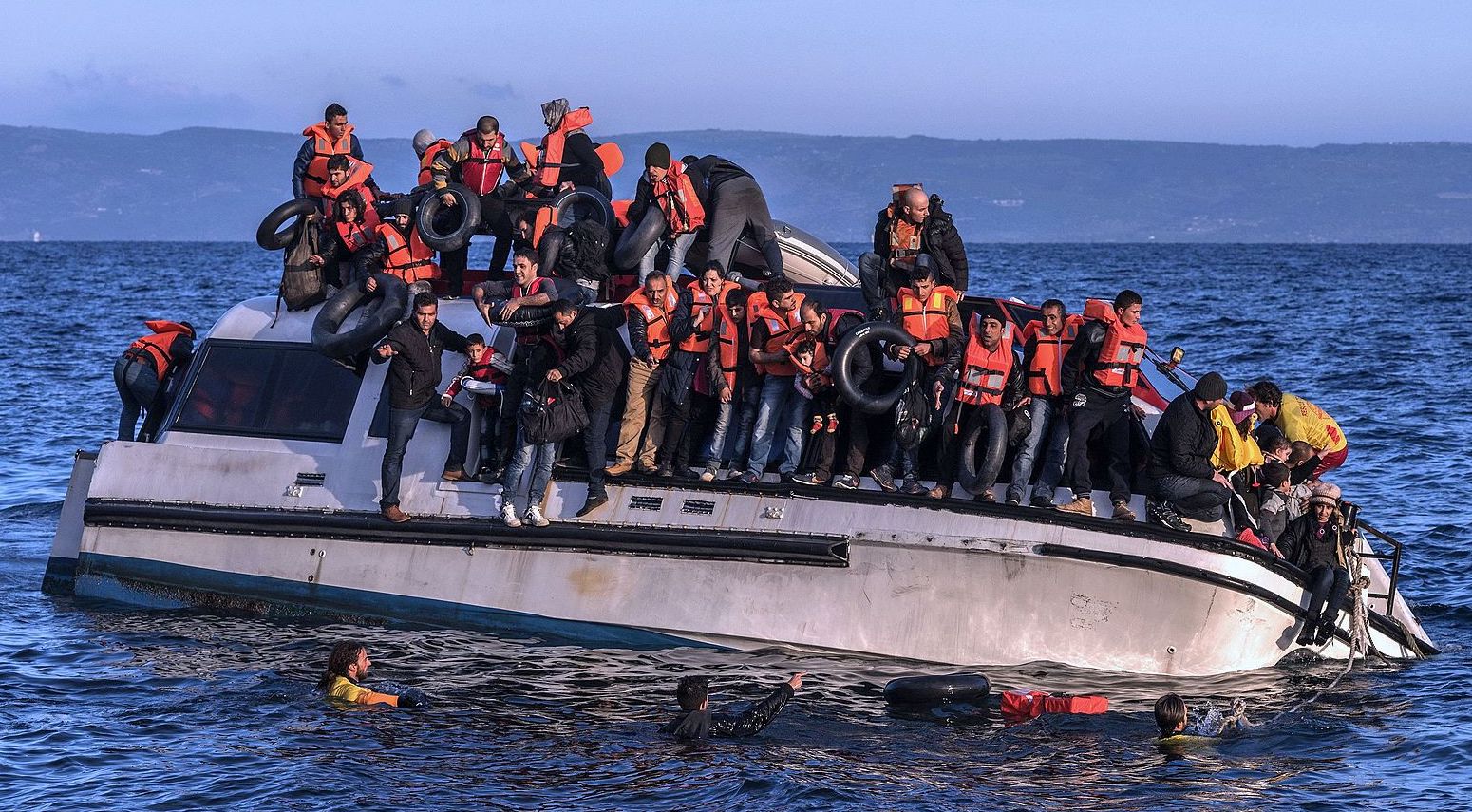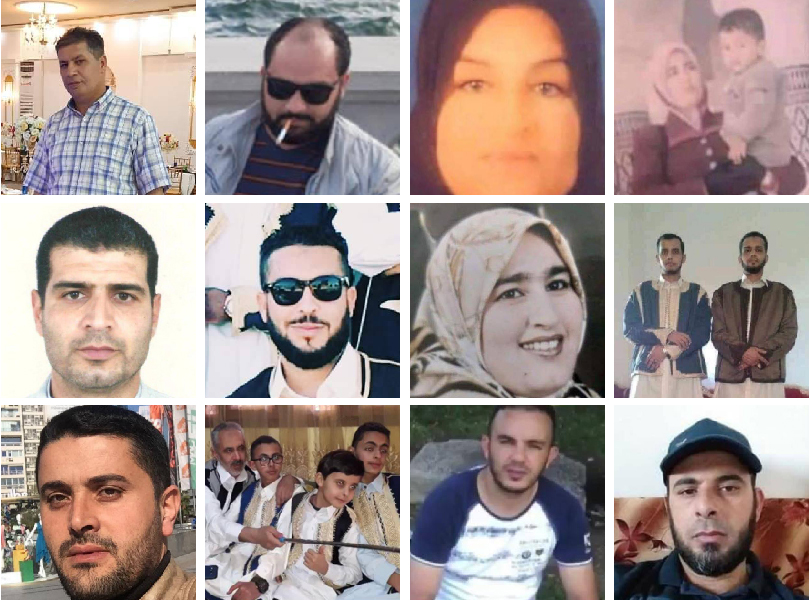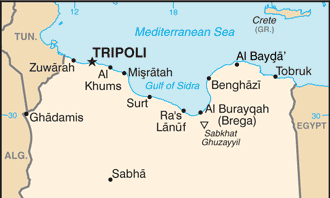
Libya: unrest as elections postponed
Several Libyan parliamentary candidates are calling for nationwide protests over the cancellation of the country’s long-awaited presidential election. The electoral commission has proposed putting off the polls for a month, citing lack of preparedness amid bureaucratic chaos. But the postponement threatens the country’s fragile peace deal. Clashes broke out last week in the southern city of Sabha between local security forces and fighters loyal to eastern warlord Khalifa Haftar, who has announced his candidacy for president. Another presidential hopeful is Saif al-Islam Qaddafi—who is wanted by the International Criminal Court for alleged war crimes committed during the revolution that overthrew his father 10 years ago. Also running is current interim prime minister Abdul Hamid Dbeibah. All three have faced challenges to their right to run, and Human Rights Watch has expressed concern over whether the elections can be free and fair given the atmosphere of insecurity and repression. (Map: Perry-Castañeda Library)



